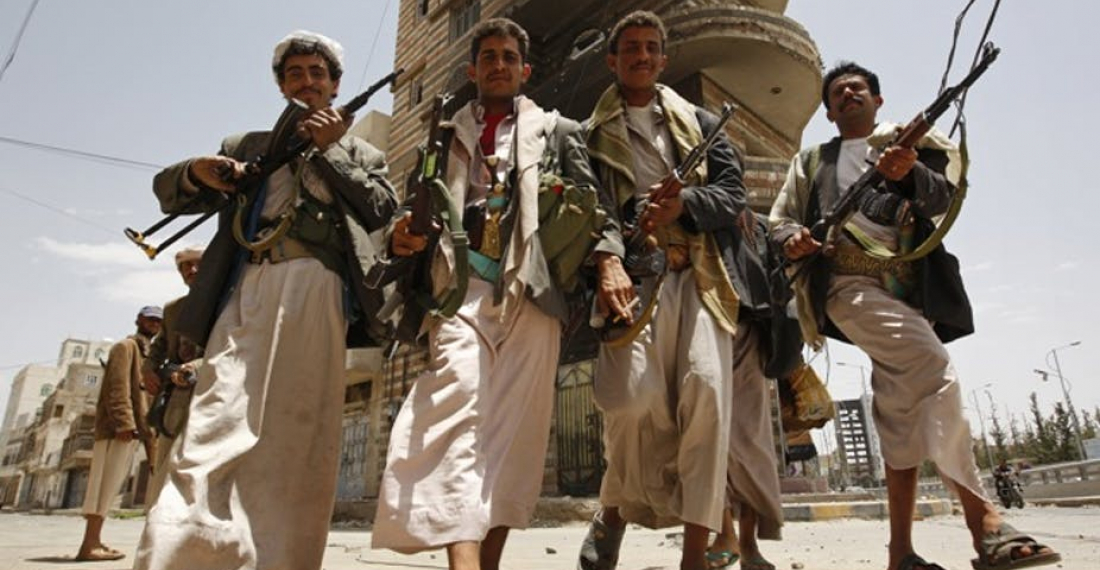The situation in Yemen continues to swerve between war and peace, but a humanitarian catastrophe continues to unfold as diplomats and warriors argue about the future
On Friday it was the argument for war that appeared to be winning. The rebel Houthi Movement, which now occupies most of the north of the country, and which has Iranian support, rejected a US peace proposal that was part of the incoming Biden administration new strategy for the region.
Houthi spokesman Mohamed Abdelsalam told Almasirah TV that the American proposal for a nationwide cease-fire “has nothing in it and represents the Saudi and the UN vision.” The American proposal doesn’t include ceasing fire or breaking the siege, and it would lead to a resumption of a blockade, the spokesman added in the interview, as cited by the newspaper Arab News.
Earlier, the US Special Envoy for Yemen Tim Lenderking said the Iran-backed militia is giving priority to a military campaign to take Marib over “suspending the war and moving relief to the Yemeni people.”
“Tragically, and somewhat confusingly for me, it appears that the Houthis are prioritizing a military campaign” in Marib, Lenderking told an online forum.
Lenderking said Saudi Arabia's leadership is providing “full support” to the US effort to end the war in Yemen. He urged the Houthis to respond to a “sound plan” for a nationwide ceasefire in Yemen that has been put before them.
The European Union continues to be engaged with the situation in Yemen. Aslo on Friday (12 March), EU High Representative for Foreign Affairs and Security Policy, Josep Borrell, had a phone conversation with Yemen’s Foreign Minister Ahmad Awad bin Mubarak. They discussed the peace process, humanitarian issues, and economic revival in the country. A statement issued later by the European External Action Service said that "High Representative Borrell reiterated EU strong support to the Government and people of Yemen, highlighting the significant work of the EU in the political, economic and humanitarian spheres."
The statement added that Borrell "expressed deep concern about the intense fighting in Marib and other fronts and urged the Government of Yemen to explore with the UN Special Envoy Martin Griffiths all avenues for an immediate ceasefire. He reiterated the EU’s call on all parties to the conflict to cease hostile activities without delay, and to commence inclusive political talks, emphasising the importance of including women in the peace process. He also recalled the EU condemnation of all attacks on civilians."
Borrell stressed the need for full facilitation of humanitarian work across Yemen. This is vital to avert famine and address extreme levels of malnutrition in the country. He called for the Government of Yemen to undertake ambitious economic reforms, which the EU stands ready to continue supporting.







